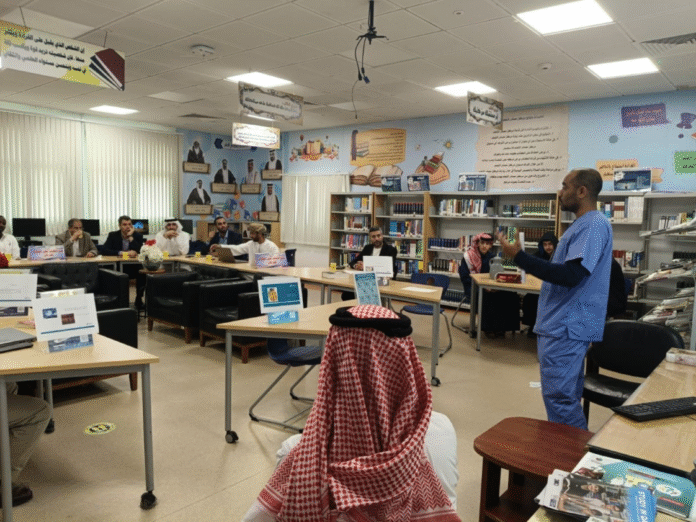Seizure Smart Schools Initiative completes second phase in Qatar’s government schools, marking a key milestone in the country’s national strategy for student health and inclusive education. Led by the Primary Health Care Corporation (PHCC) in collaboration with Sidra Medicine, the initiative aims to build a safe, seizure-aware school environment.
This achievement reflects Qatar’s commitment to promoting health literacy and protecting vulnerable students. By bridging the health and education sectors, the initiative sets a strong example of institutional partnership and social responsibility.
During the 2024–2025 academic year, the program expanded significantly. The initiative trained over 3,753 teachers and staff in 100 government schools on seizure response techniques. Educators gained practical skills in managing seizures with confidence, care, and clarity.
At the same time, the campaign reached more than 4,115 students through tailored awareness sessions. The organizers designed the content to suit different age groups and emotional needs, helping students understand epilepsy in an approachable and sensitive manner.
Moreover, the initiative delivered 563 educational workshops to parents. These sessions covered seizure prevention, emergency response, and how to support children at home. Many parents reported increased confidence and a better understanding of epilepsy as a result.
One standout innovation of this phase was the launch of the Student Ambassadors model. Selected students, trained and supported by school health nurses, led awareness efforts within their schools and families. This approach encouraged student leadership and helped break down social stigma surrounding epilepsy.
Assessment results showed a clear improvement in knowledge and a drop in misconceptions. Teachers and nurses also expressed stronger readiness to handle seizures during emergencies.
As the Seizure Smart Schools Initiative completes second phase, PHCC is already working on the next phase. Future plans include expanding to private and international schools, integrating epilepsy education into staff training, and launching digital modules for broader accessibility.
The initiative also aims to deepen its partnerships with school councils and the media to create a society that understands, accepts, and supports people with epilepsy.


